Bangkok Floods: Latest News Isn’t Good for Tourism Industry
As Bangkok braces for floods that creep closer to the central city, the latest news for the tourism industry isn't good.
The city is most nervous about seasonal high tides on Bangkok's Chao Phraya River meeting with excess flood water from the north later this week between Oct. 28 and 30.
Six districts of the city have been evacuated and authorities are preparing for approaching floods. Officials now estimate that it could take six weeks for the water to recede.
Flooding has already invaded low-lying districts north of the capitol, including Don Muang Airport, one of the Bangkok's main airports. Flights are currently operating (it's mostly used by low-cost domestic carriers), although access to the airport is becoming increasingly difficult. Unused check-in halls of the airport are also currently being used to shelter flood refugees, however residents will likely have to move to another location.
Bangkok had, until recently, remained largely unaffected by the heavy monsoon rains that have plagued the rest of the country for more than three months. Flooding in Thailand has claimed more than 350 lives and displaced nearly nine million people.
Protecting Bangkok, the economic center, has been a clear strategy for the country.
If anything affects Bangkok it will have an impact on the whole country, city governor Sukhumbhand Paribatra told The Associated Press.
Thailand authorities are trying to drain water north of the capital through rivers and canals in and around the city. Yet, this creates a potential for a dangerous situation as surrounding neighborhoods are surrendered to the water.
Those in flooded areas have used boats or anything that floats to wade their belongings and pets toward dry land. Thai military trucks have been used to ferry people back and forth in the province of Pathum Thani, on the outskirts of Bangkok
Local residents have stocked up on food and bottled water in preparation, although prices on bottled water and plastic sheeting are rising.
The World Health Organization warns of water-borne and communicable diseases, such as diarrhea and conjunctivitis. Other risks include snake bites and electrocution.
Another concern is the threat of crocodiles that have escaped from flooded farms. A number have been captured in the Nonthaburi province, outside of Bangkok.
The tourism industry in Thailand has taken a large hit as many travelers have postponed trips to the country, even though many tourist destinations remain open. The Tourism Authority of Thailand deputy chief Sansern Ngaorungsi said that cancellation rates are currently at 25%. The Association of Thai Travel Agents has also reported that new bookings to the country have fallen by 70% compared to last year at this time.
The Tourism Authority of Thailand confirms that central Bangkok and Suvarnabhumi Airport will remain open. There are some disruptions to road and rail transportation towards the north. The south of the country has remained untouched by the storm, which is home to popular resorts like Phuket and Ko Sumai.
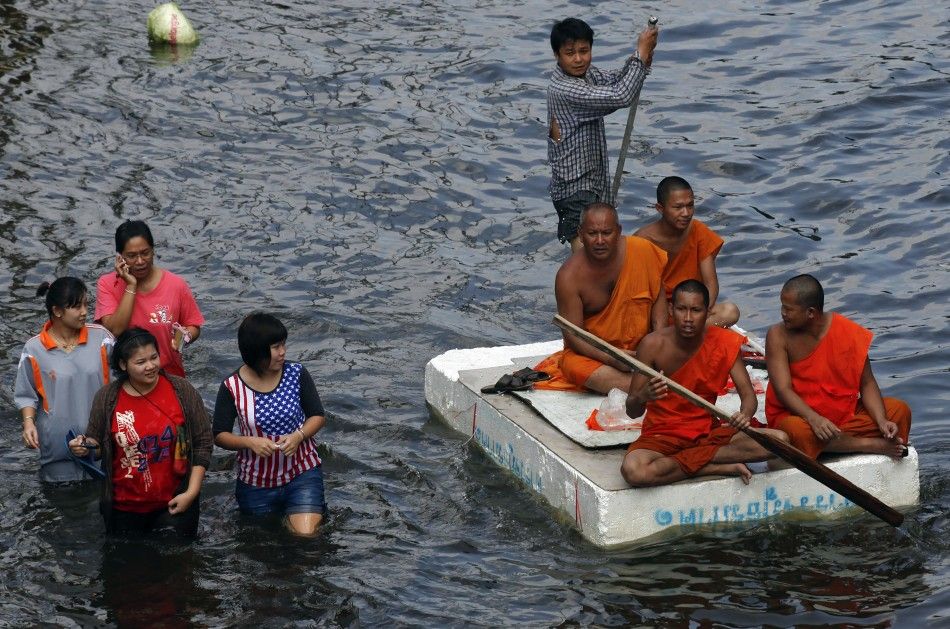
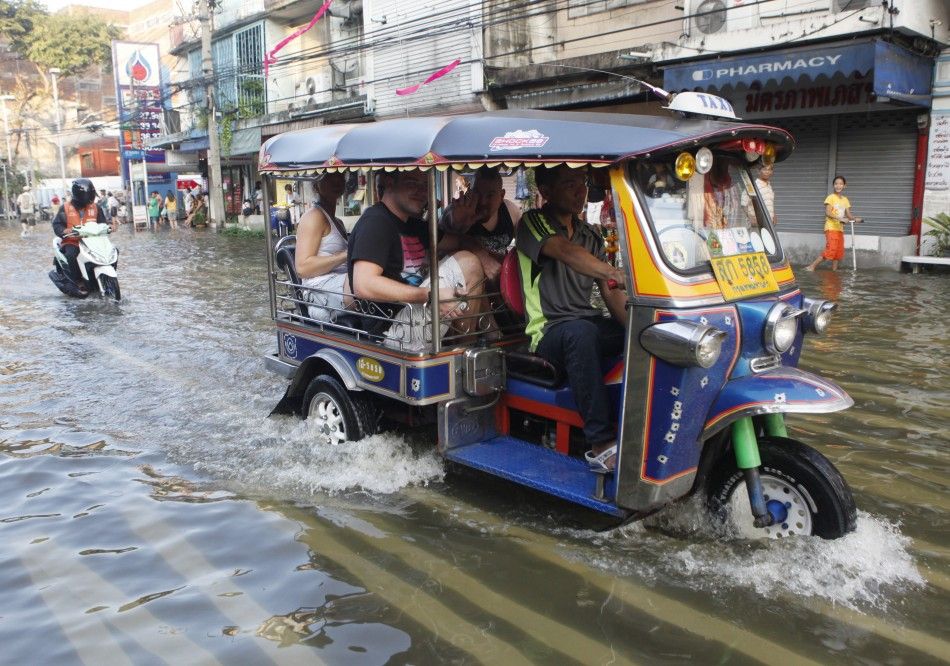

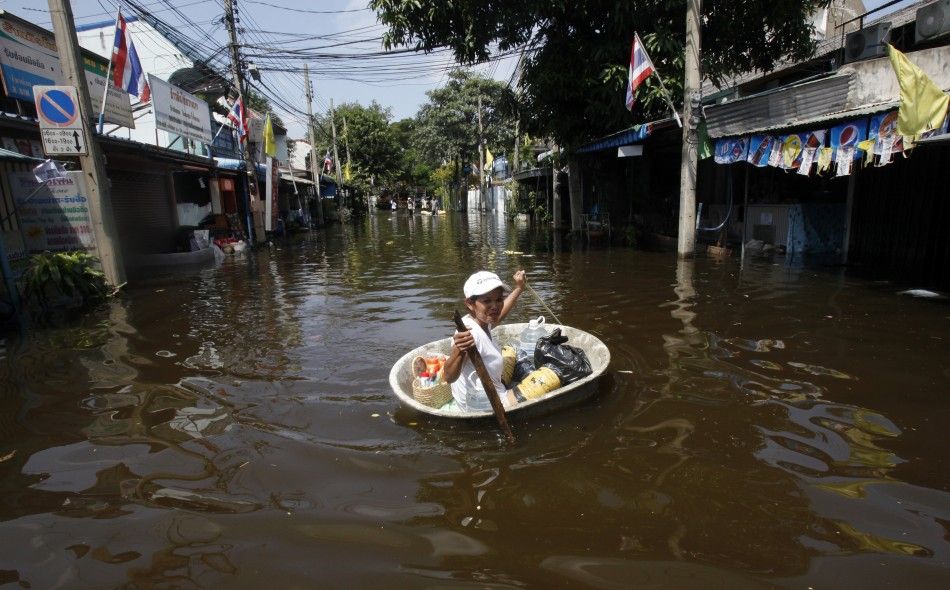
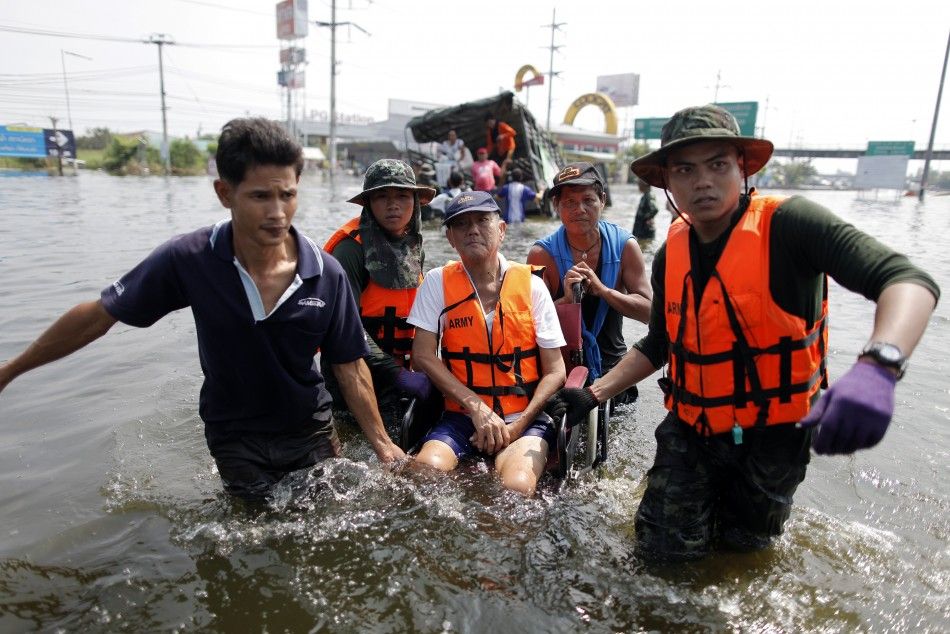
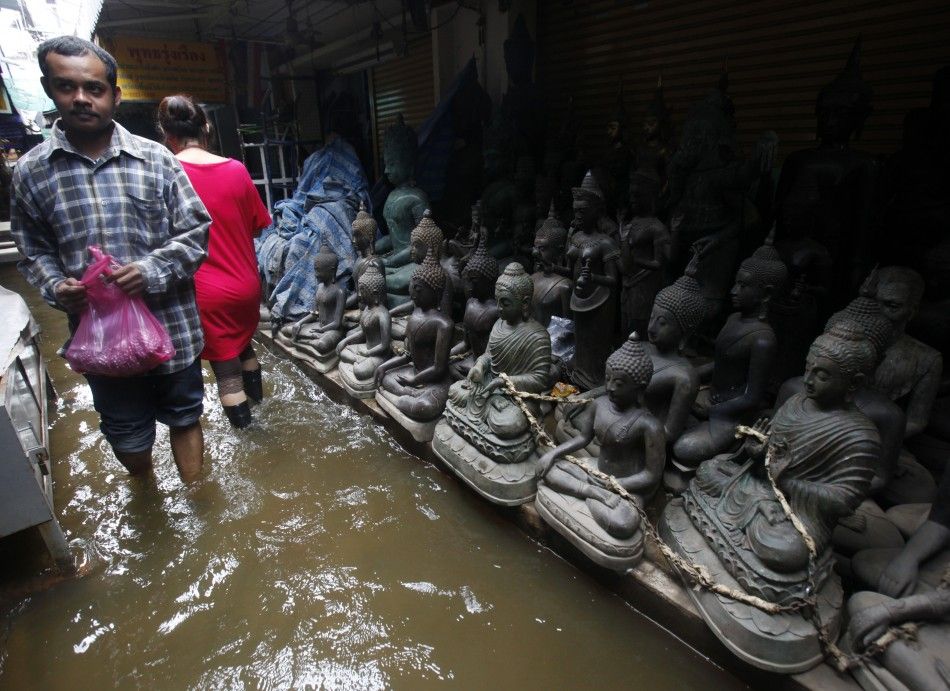
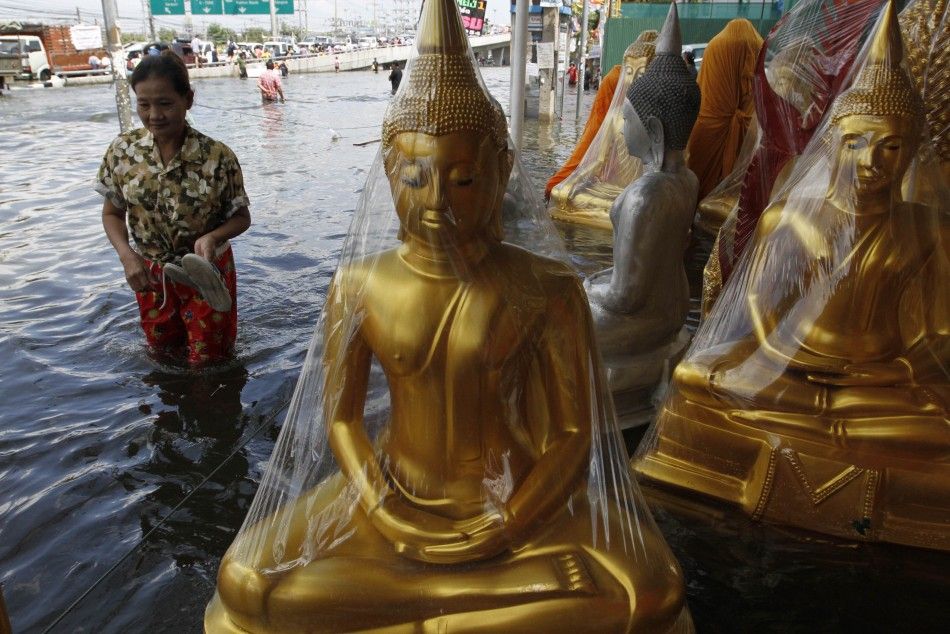
© Copyright IBTimes 2024. All rights reserved.











